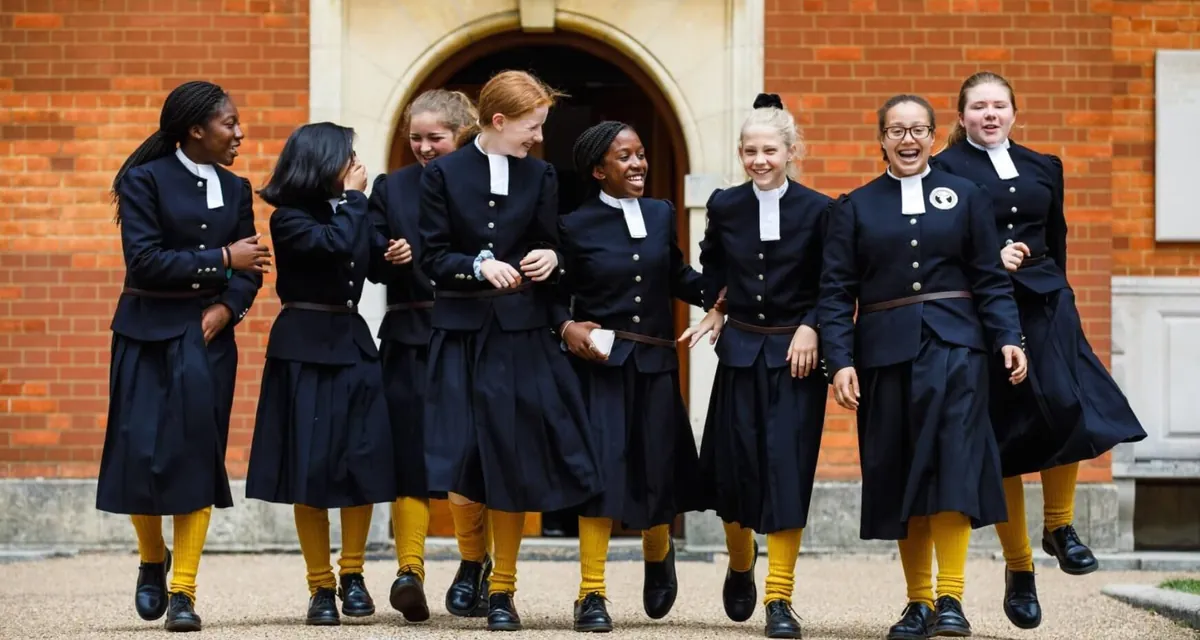The Labour government's proposal to eliminate the VAT exemption for private schools in the UK has ignited a heated debate on educational equality and fiscal policy. Set to take effect in January 2025, this measure aims to generate up to £1.5 billion annually for public services, particularly the state education system.
Prime Minister Keir Starmer's administration argues that this policy will help address the longstanding disparities between private and state education. The funds raised are expected to finance 6,500 new state school teachers and increase the education budget in England by 2%. This move aligns with Labour's historical commitment to supporting the working class and promoting equal opportunities.
"I want every single child wherever they come from, whatever their background, and whichever school they go to, to have the same opportunities."
The policy has garnered support from a significant portion of the British public, with an August 2024 Ipsos poll indicating that over half of Britons favor the plan. Proponents argue that it's a step towards leveling the educational playing field.
However, the decision has faced criticism from various quarters. Parents of the approximately 600,000 pupils in private schools now confront a difficult choice: absorb the increased costs or transfer their children to state schools. This dilemma is particularly acute for families with children who have special educational needs, as about one in five private school students fall into this category.
The UK's private education sector, deeply rooted in the country's history and culture, has long been associated with academic excellence and social prestige. Dating back to the 6th century, these institutions have played a significant role in shaping British society. Today, about 7% of UK students attend private schools, a figure that has remained relatively stable despite a 55% real-terms increase in fees since 2003.
Private schools often boast smaller class sizes, averaging less than 20 students compared to 27 in state schools. They also tend to achieve better academic results, with students more than twice as likely to attain top A-level grades in 2023. Many of these schools, such as Eton College (founded in 1440), have centuries-old traditions and extensive networks that can provide lifelong advantages to their alumni.
The Independent Schools Council (ISC), representing over 1,300 independent schools, estimates that the sector contributes £16.5 billion to the UK economy and supports 328,000 jobs. Critics of the Labour policy warn that it could lead to school closures and job losses, particularly affecting smaller institutions.
As the debate continues, the long-term impact of this policy on both the private and state education sectors remains uncertain. While it aims to address educational inequality, its success will depend on various factors, including the resilience of the private school system and the government's ability to effectively utilize the additional funds to improve state education.
